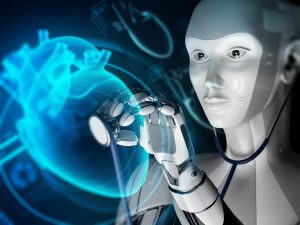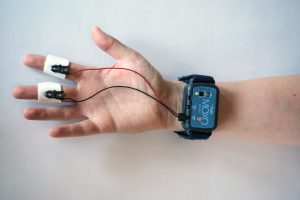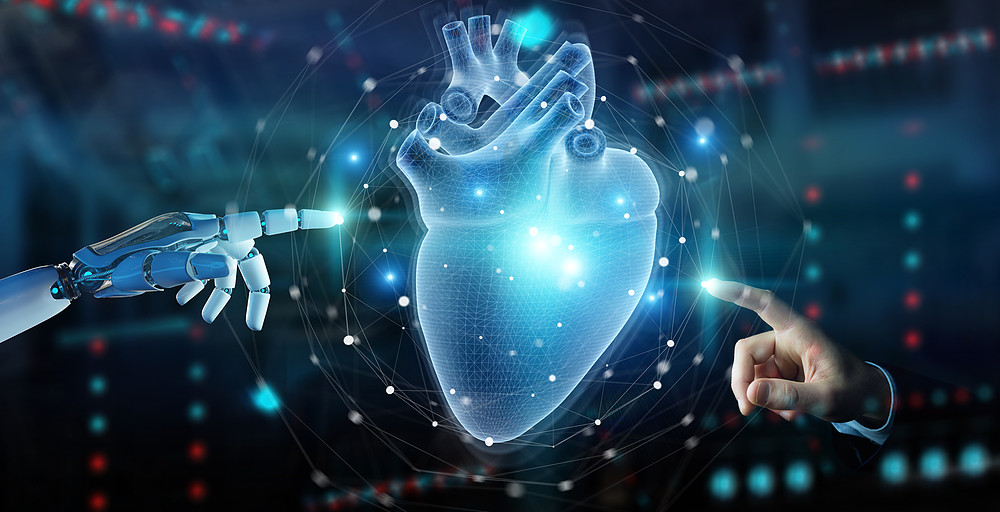Introduction
The field of cardiac care has undergone a remarkable transformation propelled by technological advancements. From AI-driven diagnostics to wearable devices and robotic-assisted surgeries, these innovations are reshaping the landscape of heart-related conditions. This article delves into the profound impact of cutting-edge technology on the treatment and understanding of cardiac health.
AI-Driven Diagnostics
Artificial Intelligence (AI) has emerged as a game-changer in cardiac care. Machine learning algorithms analyze vast amounts of patient data, including medical records, imaging scans, and genetic information, to identify patterns and predict potential cardiac issues. This technology enables early detection of heart conditions, offering a window for timely intervention and treatment. AI-driven diagnostics have significantly enhanced the accuracy of diagnosis. For instance, algorithms analyzing electrocardiograms (ECGs) can detect subtle abnormalities that might be missed by human interpretation. These systems not only expedite the diagnosis process but also reduce the chances of errors, thereby improving patient outcomes.

Wearable Devices
The integration of wearable technology has empowered individuals to monitor their cardiac health continuously. Devices like smartwatches equipped with heart rate monitors, ECG sensors, and activity trackers provide real-time data, enabling users to track their heart health on a daily basis. Continuous monitoring through wearables has proven instrumental, especially for individuals with underlying heart conditions. These devices can detect irregularities in heart rhythms, alerting users and healthcare professionals to potential issues. The accessibility and convenience of these wearables encourage proactive management of cardiac health, promoting a preventive approach. Additionally, wearable technology facilitates remote patient monitoring, allowing healthcare providers to gather crucial data without the need for frequent in-person visits. This remote monitoring capability is particularly valuable for individuals living in remote areas or those with limited mobility, ensuring timely intervention and reducing the risk of complications.

Robotic-Assisted Surgeries
Robotic-assisted surgeries have redefined the landscape of cardiac interventions. These advanced systems, operated by skilled surgeons, offer precision, dexterity, and minimally invasive techniques, thereby enhancing surgical outcomes and patient recovery. In cardiac surgery, robots assist surgeons in performing intricate procedures with unparalleled accuracy. For instance, robot-assisted coronary artery bypass grafting (CABG) allows for precise graft placement, reducing operative time and minimizing trauma to the patient’s body. Similarly, in valve repair or replacement surgeries, robotic systems aid surgeons in intricate maneuvers, leading to improved surgical precision and faster recovery for patients. Furthermore, the minimally invasive nature of robotic-assisted surgeries results in smaller incisions, reduced blood loss, and shorter hospital stays compared to traditional open-heart procedures. This not only lowers the risk of complications but also expedites post-operative recovery, allowing patients to return to their daily lives sooner.
Future Implications and Challenges
While these technological advancements hold immense promise, challenges persist. Interoperability issues between various devices and data security concerns pose hurdles in seamlessly integrating these technologies into mainstream cardiac care. Moreover, the need for extensive validation and regulatory approvals remains crucial to ensure the safety and efficacy of these innovations. Looking ahead, the fusion of AI with wearable devices, enabling real-time data analysis and personalized insights, holds great potential. Integrating these technologies into comprehensive healthcare systems will revolutionize preventive cardiology, shifting the focus from treatment to proactive management of heart health.

Conclusion
The convergence of AI-driven diagnostics, wearable devices, and robotic-assisted surgeries has ushered in a new era in cardiac care. These technological marvels have not only enhanced the accuracy of diagnosis and treatment but also empowered individuals to take proactive measures in managing their heart health. As research continues and technology evolves, the synergy between innovation and cardiac care will continue to redefine standards, improving patient outcomes, and reshaping our understanding of heart-related conditions. Embracing these advancements is pivotal in ensuring a healthier future, where cardiac health is prioritized, monitored, and managed with unprecedented precision and efficacy.




